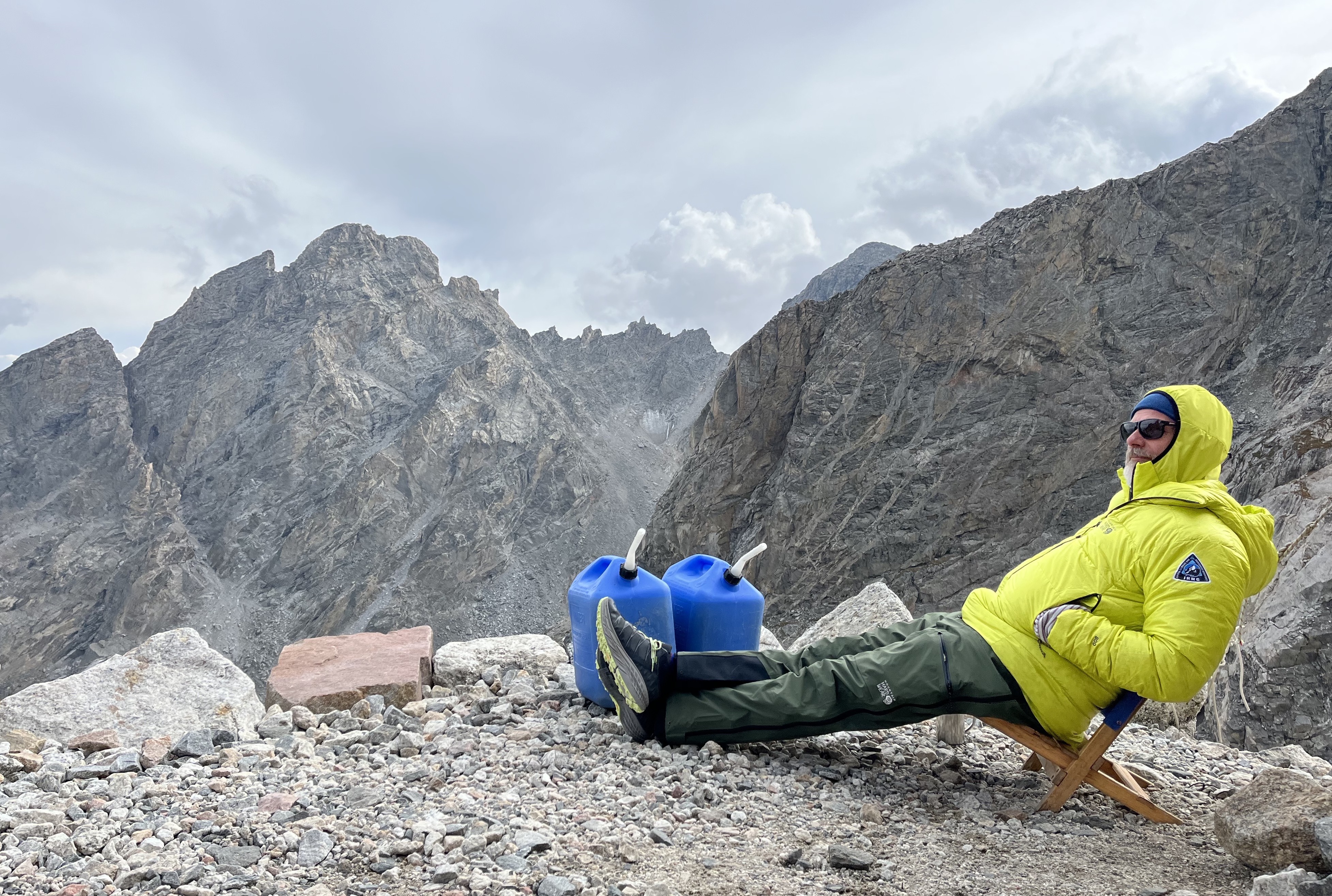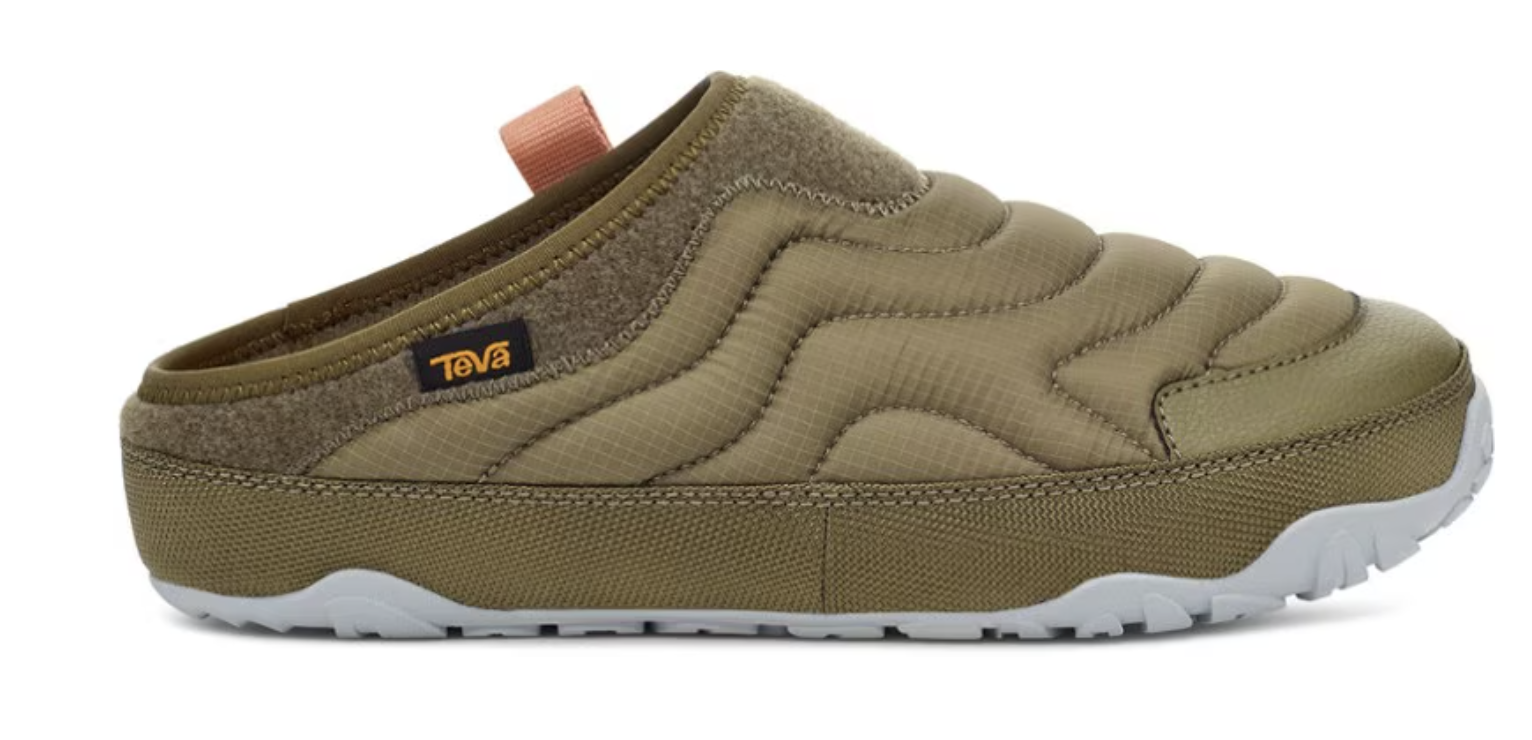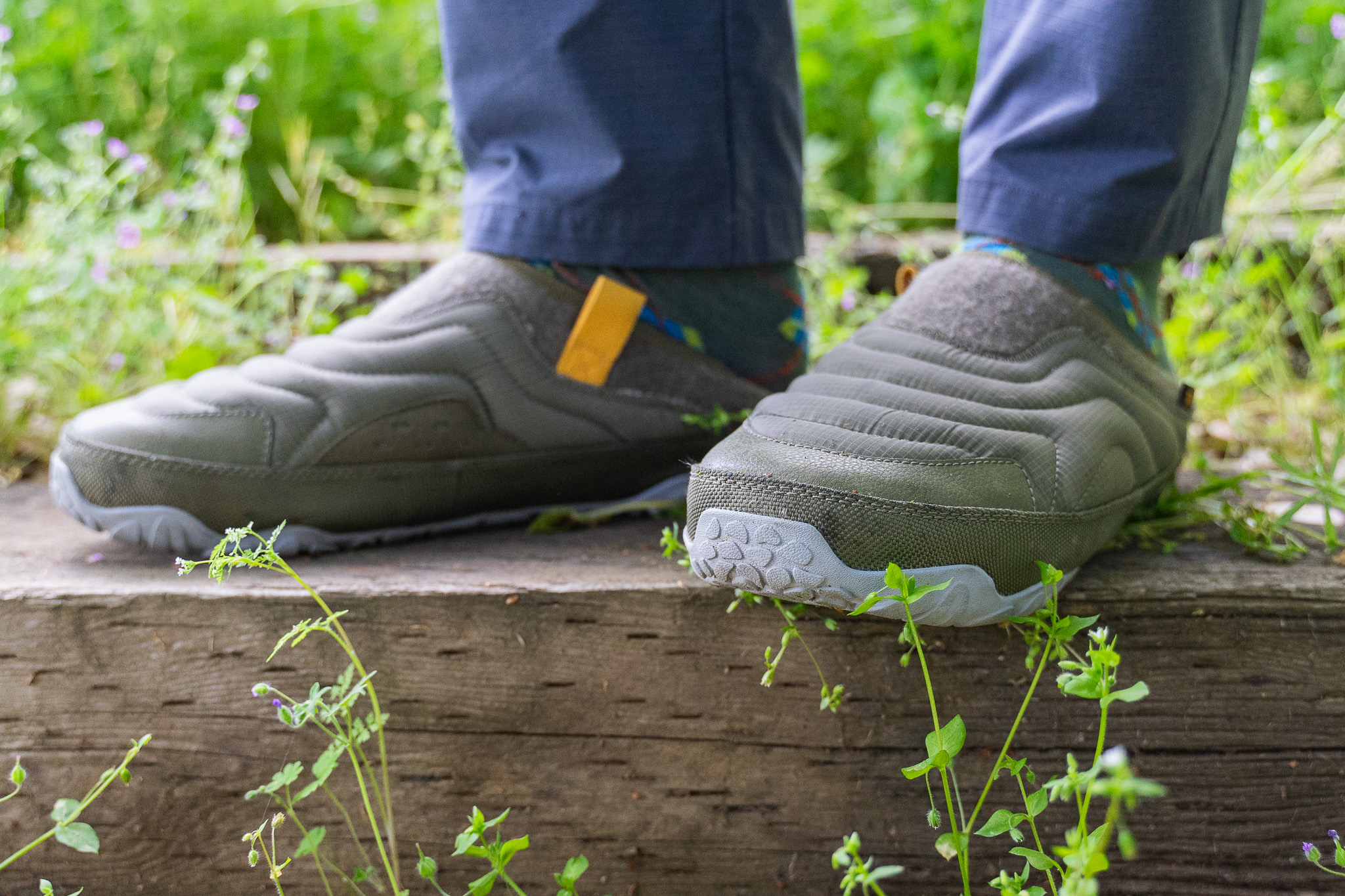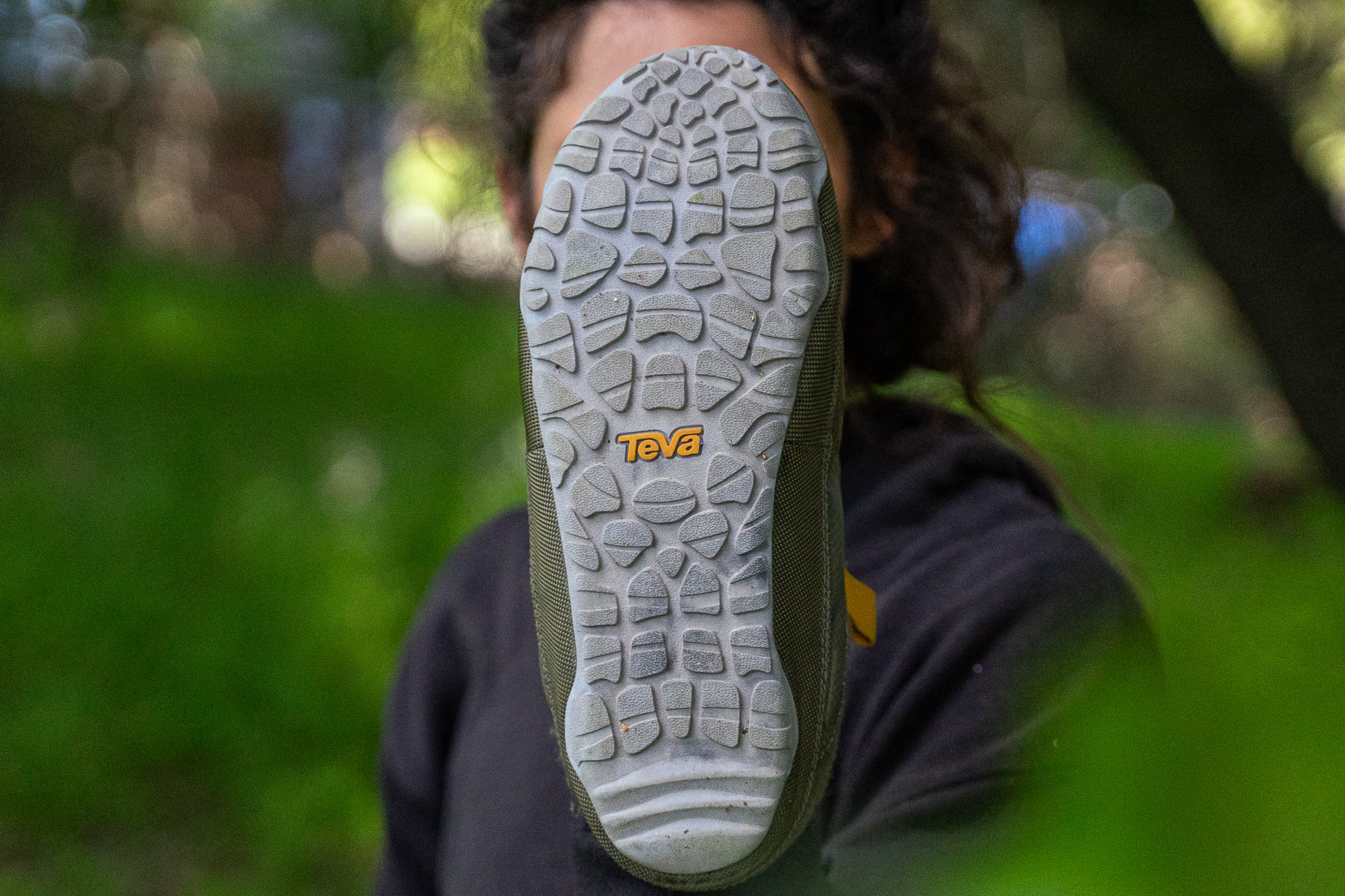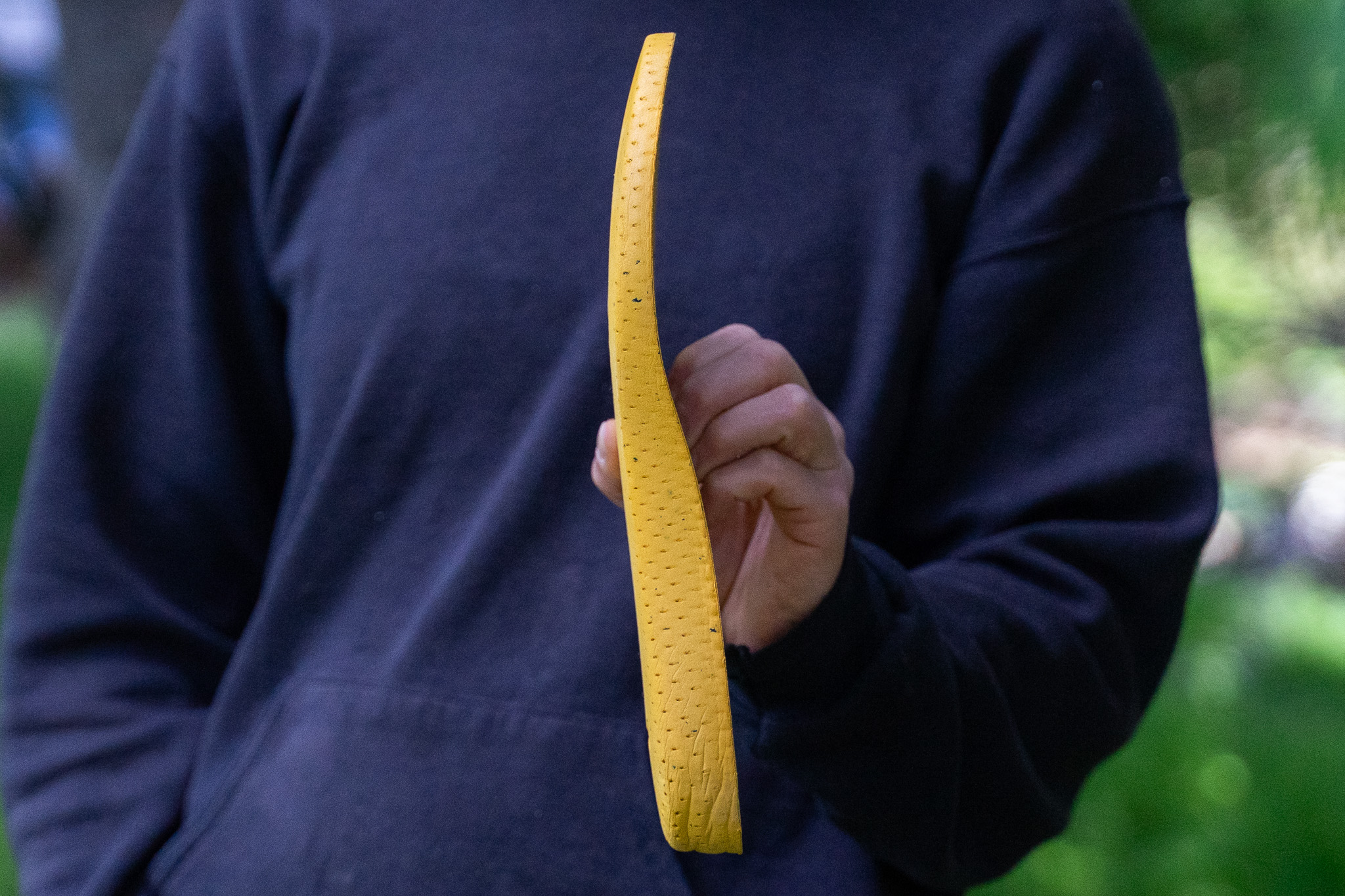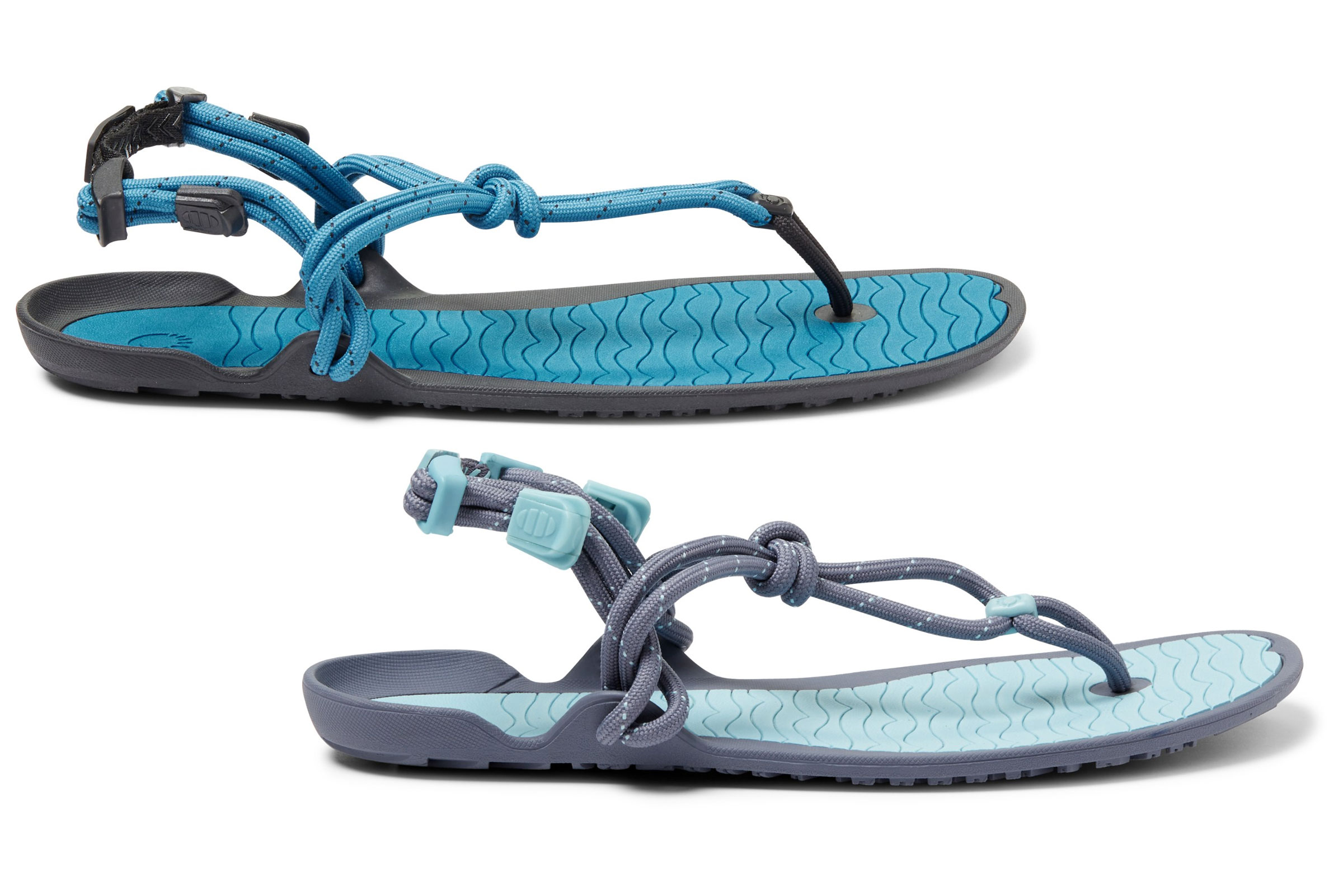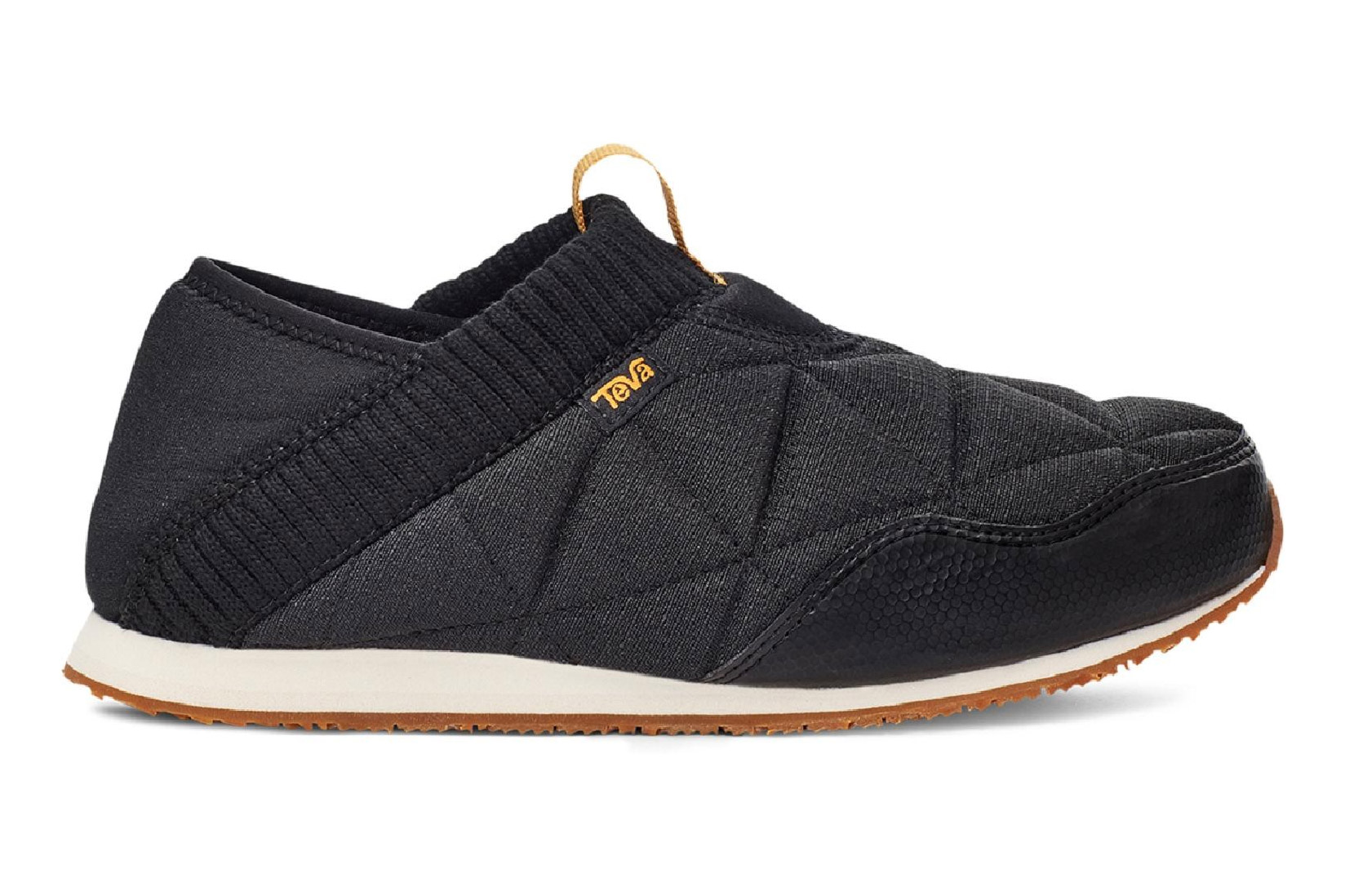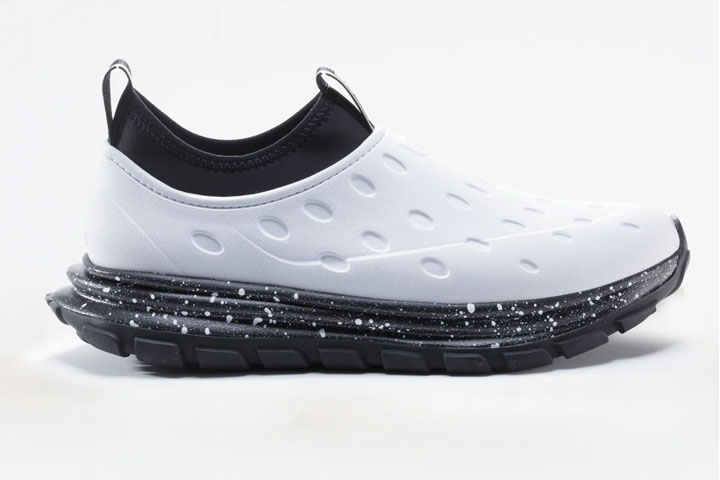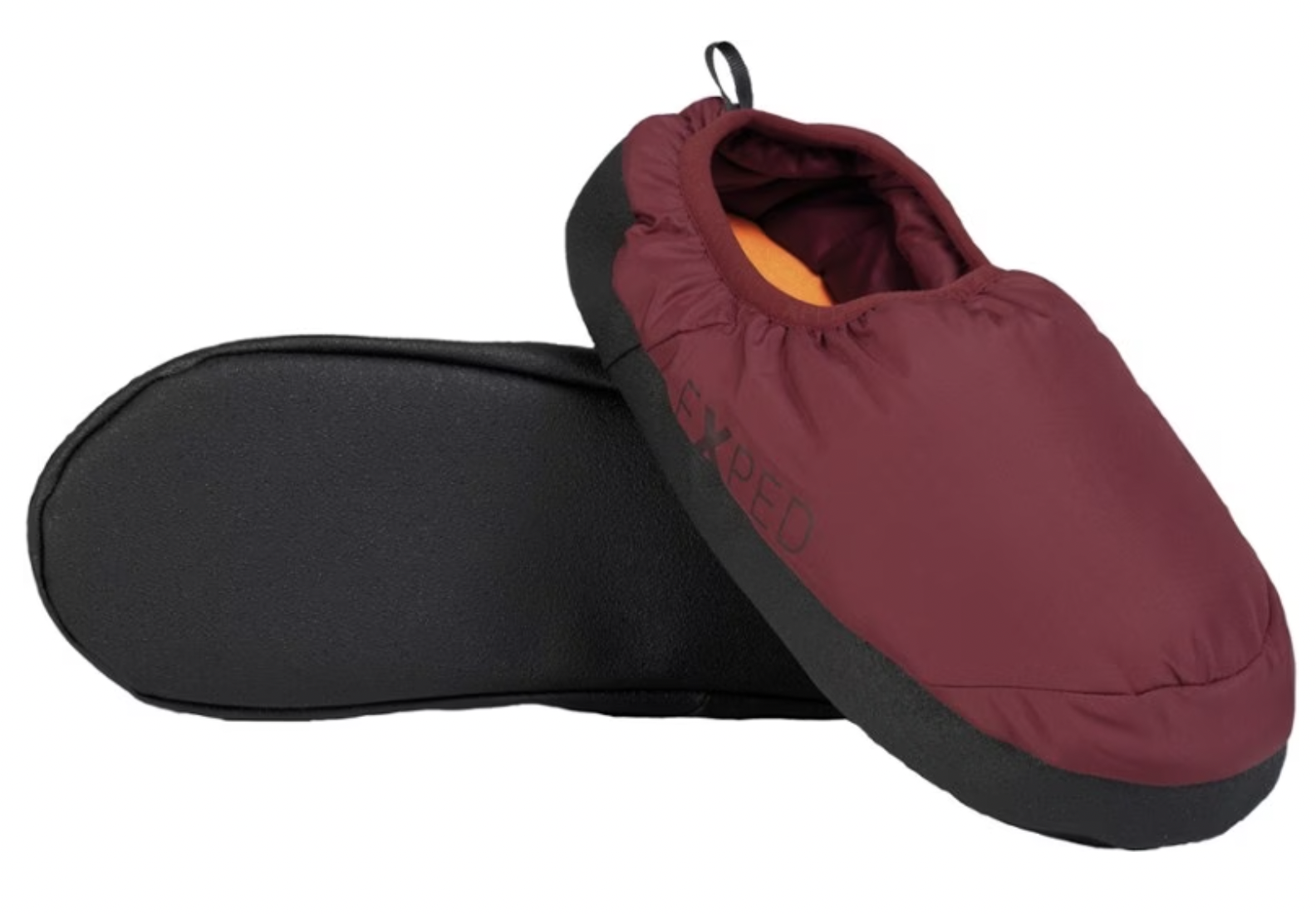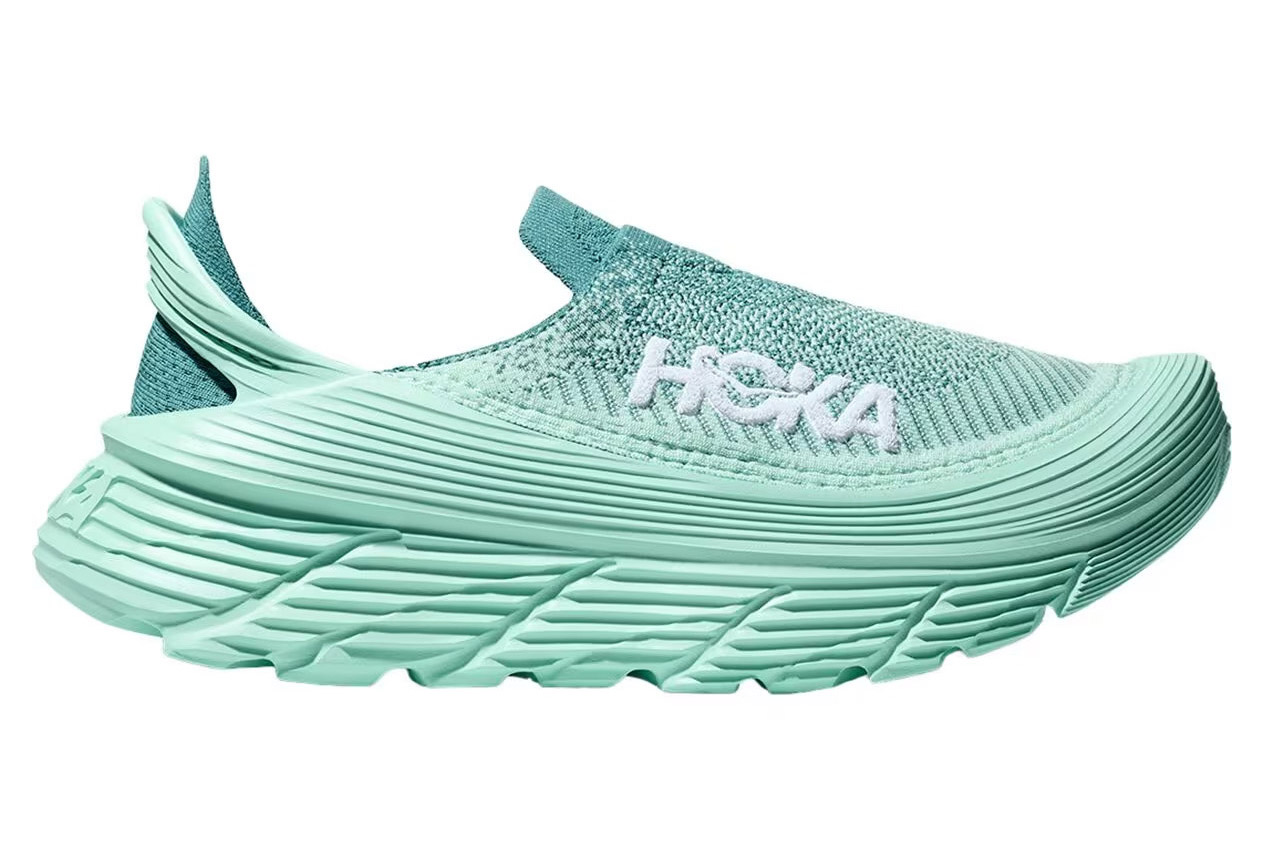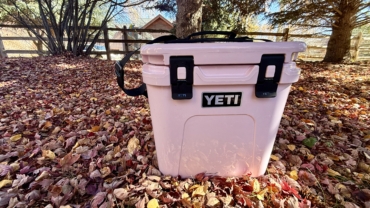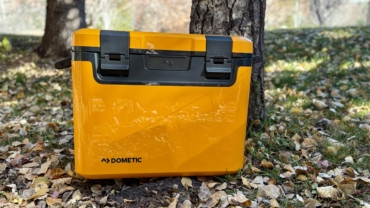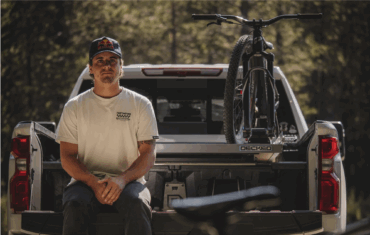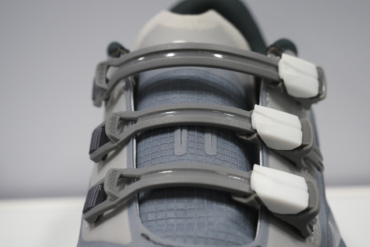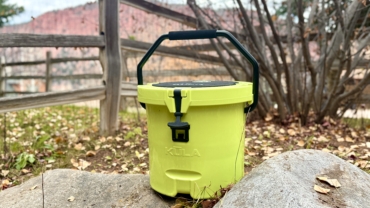We’ve all felt the sweet relief that comes when feet are finally released from their sweaty, high-performance foot prisons. Because they’re made to be comfortable, camp shoes offer a soothing antidote. On many adventures and expeditions, camp shoes should be considered an essential piece of gear.
Historically, thru-hikers and other adventurists have simply repurposed pre-existing models of comfortable footwear as functional camp shoes. Many of these options, like Crocs Classic Clogs, weren’t originally designed to be used on outdoor excursions, but people in search of good camp shoes identified them as an excellent makeshift choice. Others, like the Teva ReEmber Terrain Slip-Ons are fine tuned for the most luxurious in-camp experience.
Today, many footwear companies are now making purpose-built camp shoes. Because there are more great options available than ever before, now’s a great time to pick up a pair of camp shoes that make you say “ahhhh” every time you put them on.
Editor’s Note: For our April 11, 2025, update, we tested and reviewed the Teva ReEmber Terrain Slip-Ons. This well-insulated, durable slipper is our new favorite camp shoe.
The Best Camp Shoes of 2025
Teva ReEmber Terrain Slip-Ons
- Weight: 17.2 oz per pair (size 9)
- Insulated: Yes
- Waterproof: No, water-resistant upper
Pros
- Warm
- Durable outsole
- Easy on-and-off
- Loads of cushion
Cons
- Heavy, choose a lighter shoe/sandal for backpacking
Crocs Classic Clogs
- Weight: About 14 oz. per pair
- Insulated: No
- Waterproof: No, but Crocs don't absorb water
Pros
- Durable
- Easy to put on and take off
- Heel straps add versatility
- Super comfortable with or without socks
- Plenty of color options
Cons
- Not very compressible
- May be a bit wide for those with narrow feet
Xero Shoes Aqua Cloud
- Weight: 5.9 oz. (size 9)
- Insulated: No
- Waterproof: No
Pros
- Chevron tread
- Extremely versatile (not just a camp shoe)
- Lightweight
Cons
- Not ideal for those with sensitive feet
- Limited to warmer weather
Teva ReEmber Slip-On
- Weight: About 1 lb. per pair
- Insulated: Yes
- Waterproof: No, water-resistant upper
Pros
- Easy to clean
- Collapsible heel
- Warm
Cons
- Not very compressible
- Not waterproof
Kane Revive AC
- Weight: 14 oz.
- Insulated: No
- Waterproof: Yes
Pros
- Firm sole
- Massage nubs
- Thermal cuff keeps heat in
- Excellent traction
Cons
- Not for people who prefer squishy soles
- May not be warm enough for winter camping
Feathered Friends Down Booties
- Weight: 9.3 oz. (per bootie in a men's medium)
- Insulated: Yes, 800+ fill goose down
- Waterproof: No
Pros
- Super warm
- Lightweight
- Compressible
- Removable foam insoles
- Hardy enough to walk short distances
Cons
- Expensive
- Will wear out quickly if you walk in them often
Other Great Shoes for Hanging Around Camp
The following camp shoes didn’t make the top of our list but have been field-tested by the happy campers at GearJunkie.
- Weight: 4.8 oz. (size Medium)
- Insulated: Yes
- Waterproof: No, water-resistant upper
Pros
- Extremely lightweight
- Durable soles
- Comfortable on skin
- Ankle cuffs keep grime out
Cons
- Only four sizes available
- Weight: 12.8 oz. per pair (men's size 10)
- Insulated: No
- Waterproof: No, but these won't absorb water
Pros
- Super comfortable
- Absorbs impact and lessens recovery time
- Durable
- Provides adequate traction
Cons
- Foam becomes less cushy with repeated use
- Not great for walking or hiking
- Weight: About 11.3 oz. per pair
- Insulated: No
- Waterproof: No, but absorbs very little water
Pros
- Lightweight
- Soft and supportive to soothe the feet
- Rockered outsole for anatomical support
- Waterproof
Cons
- Pricey
- Not compressible
- Weight: About 1 lb., 4 oz. per pair
- Insulated: No
- Waterproof: No, quick-dry mesh
Pros
- Affordable
- Durable outsole
- Good traction on wet surfaces
- Easy to put on and take off
- Capable of active use
Cons
- Rocks and gravel can get stuck in the mesh
- Not as breathable as other options
- Weight: 17.9 oz. per pair (men's size 10)
- Waterproof: No, water-resistant upper
- Insulated: Yes
Pros
- Affordable
- Durable outsole
- Good traction on wet surfaces
- Easy to put on and take off
- Capable of active use
Cons
- Rocks and gravel can get stuck in the mesh
- Not as breathable as other options
Camp Shoe Comparison Chart
| Camp Shoe | Price | Insulation | Weight | Waterproof |
|---|---|---|---|---|
| Teva ReEmber Terrain Slip-ons | $90 | Quilted upper | 17.2 oz. per pair (size 9) | Water-resistant upper |
| Crocs Classic Clogs | $50 | None | About 14 oz. per pair | No, but nonabsorbent |
| Xero Shoes Aqua Cloud | $50 | None | 5.9 oz. (size 9) | No |
| Teva ReEmber Slip Ons | $80 | Quilted upper | About 1 lb. per pair | Water-resistant upper |
| Kane Revive AC | $120 | None | 13.4 oz. per pair (men’s size 10) | Yes |
| Feathered Friends Down Bootie | $119 | 800-fill goose down | 9.3 oz. per pair (men’s medium) | No |
| HOKA Restore TC | $110 | None | About 13 oz. per pair | No, but nonabsorbent |
| Exped Camp Slipper | $60 | Recycled polyester | 4.8 oz. (size medium) | No, water-resistant upper |
| OOFOS Recovery Sandal | $60 | None | 12.8 oz. per pair (men’s size 10) | No, but nonabsorbent |
| Aleader Mesh Slip-ons | $28 | None, mesh upper | About 1 lb., 4 oz. per pair | No, but designed to get wet and dry quickly |
| Chaco Ramble Puff | $85 | Yes, quilted upper | 17.9 oz. per pair (men’s size 10) | Water-resistant upper |
How We Tested the Best Camp Shoes
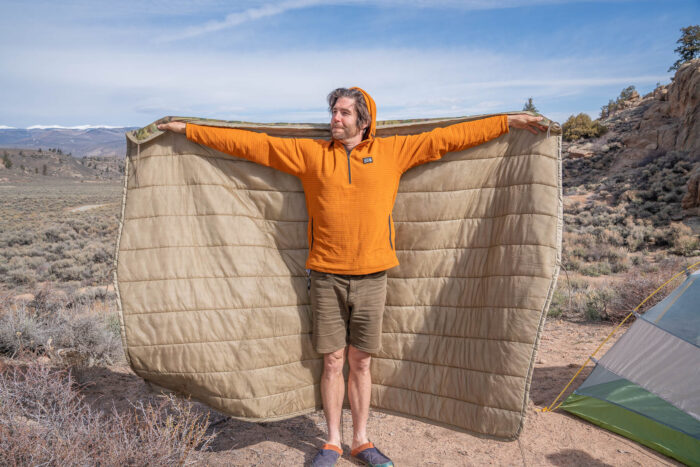
Our Expert Testers
Though the exact figures are unknown, the combined GearJunkie staff, including lead testers Austin Beck-Doss and Andrew Potter, has spent over five thousand nights camping — and that’s a conservative estimate. To create this buyer’s guide, we compiled our collective experience and tested dozens of camp shoe styles. In our search, we aimed to find and test shoes that every outdoors person could enjoy — from luxury-minded car campers to ounce-counting ultralight backpackers.
We recognize that footwear can make or break a camping trip. After a long day of adventure, the simple pleasure of slipping on something warm and reliable is euphoric. This is the kind of moment we kept in mind while selecting shoes for this roundup.
Our Testing Process
While testing, we paid close attention to a number of different factors, including comfort, warmth, durability, and weight. We’ve been testing camp shoes for a number of years, and while outdoor equipment won’t last forever, we’ve had good results in getting many seasons of use out of the options we’ve recommended on this list.
Finally, the testing doesn’t stop here, and as new camp shoes hit the market, we’ll be chucking them in our cars and backpacks, ensuring that our lineup is as fresh as can be.
If you really like hanging around in your camp shoes, check out GearJunkie’s guide to the best string lights, the best electric coolers, and the best canopy tents and upgrade your camping setup to a glamping setup.
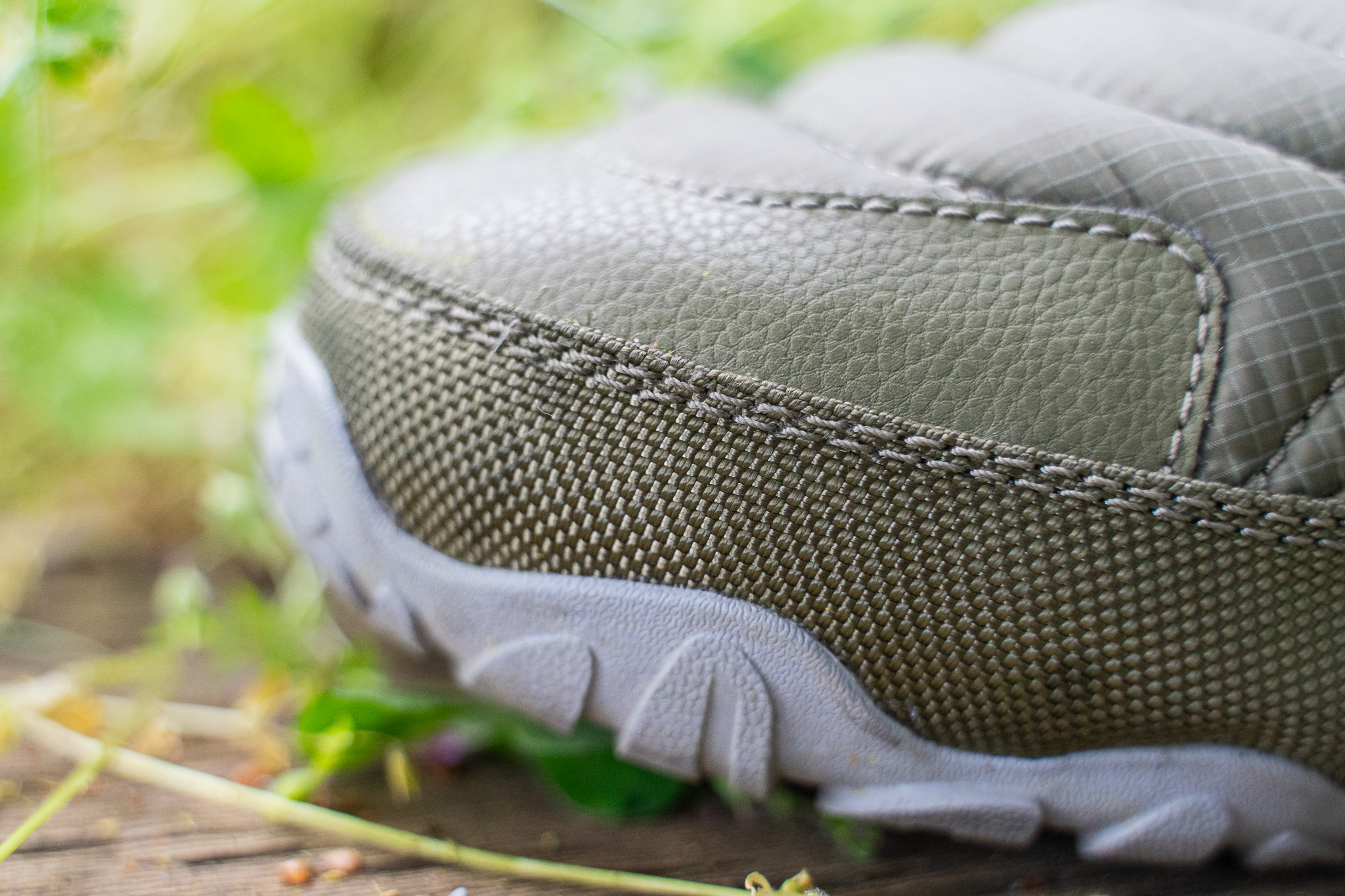
Buyer’s Guide: How to Choose the Best Camp Shoes
Good camp shoes give you something to look forward to at the end of the day. Once you’ve identified the right pair, they’ll likely become an essential and non-negotiable part of your camping kit. That said, it’s important to understand the differences between the available options before deciding to make a purchase.
In this buyer’s guide, we cover comfort, weight, packability, support, durability, value, and other important factors for those looking to purchase a pair of camp shoes.
Comfort
Comfort is an important consideration for any piece of gear you use regularly. Camp shoes are meant to offer respite after removing a sweaty and stiff pair of hiking boots, trail runners, climbing shoes, or other active footwear. For this reason, camp shoe comfort should be top priority.

While all of the shoes on this list are designed to be comfortable, certain shoes like the OOFOS OOriginal Sandals are made with a super-soft footbed to ease joint stiffness and maximum recovery. Other options, like the Teva ReEmber Mocs, offer a layer of insulation — which translates to comfort in cold weather.
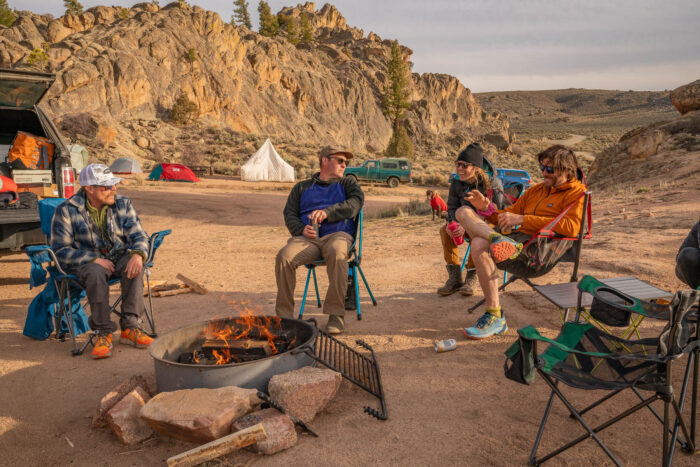
Weight & Packability
For backpackers and thru-hikers, the importance of weight and packability is paramount. Some of the camp shoes on this list are lighter and more packable than others. The Feathered Friends Down Booties can pack down into tiny balls, and they only weigh 9 ounces per pair.
However, as is usually the case, these booties lose some durability as a tradeoff. For backpacking camp shoes that don’t compress, hanging them on the outside of your pack is an option too. Some backpackers even keep small items inside the shoes to maximize space and utility.
Support
Generally, camp shoes aren’t the most supportive shoes. They’re designed for recovery and comfort rather than support and performance.
Still, some camp shoes are more important than others. If you plan to also use your camp shoes in the gym or while hiking, it’s wise to choose some that are supportive enough to handle more than just hanging out. On this list, the Aleader Mesh Slip-Ons offer moderate support and good traction.
Durability
A durable camp shoe should last many years, especially because it likely won’t accumulate nearly as many miles as active shoes will. Some camp shoes are more durable than others, which makes durability an important piece of a shoe’s overall value.
Some shoes on this list, like the Aleader Mesh Slip-Ons, have dense and sticky soles that hold up in the long haul. Other shoes, like the HOKA Restore TC, have very soft footbeds that tend to flatten over time.
Car Camping vs. Backpacking
When car camping, weight and space aren’t likely to be major concerns. For car camping, we recommend the Teva ReEmber Mocs because their limited packability won’t be an issue when you have access to a car.
When backpacking, though, the ounces add up, so you’ll likely want lightweight camp shoes that don’t take up too much space. The Xero Shoes Aqua Cloud are light and easy to squeeze into an already stuffed pack.
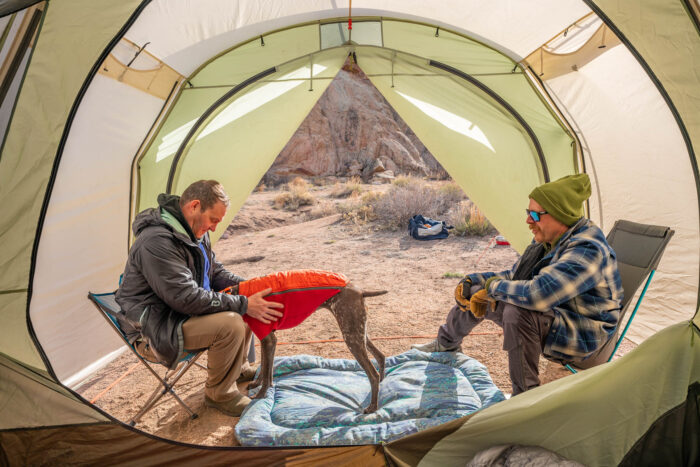
Price & Value
Shoes on this list range in price from $20 to well over $100 per pair. It’s important to determine your budget as you consider which camp shoes to purchase.
Often, a shoe’s value comes from more than just its price tag. If a shoe fills a tricky void in your kit, consider that to be a form of good value. Shoes that fit well into your outdoor adventure kit and can also be worn at home or while running errands may just pay for themselves.
Budget
If you’re just looking for something soft and comfy to slip into when you get into camp, you can find plenty of options for $20-50. The Aleader Mesh Slip-Ons ($28) are an excellent example of what you can find in this price range.
They offer more protection than sandals, are easy to slip on, and have a soft midsole to soothe tired feet. The Classic Clogs ($50) get our best budget pick. They’re not insulated, but they’re light, easy to stuff in a back and they’ll keep you out of the dirt.
Mid-Tier
For $60-90, you start venturing into camp shoes with features like insulation and more aggressive outsoles. The Teva ReEmber Terrain Slip-ons ($90) offer a sneaker outsole with a sleeping bag-like insulated upper. They are our favorite camp shoes because of their comfort, warmth, and durability.
Premium
When you get to the $100 and above price range, you start finding shoes with premium materials and specific uses. The only waterproof option on this list, the Kane Revive AC ($120), delivers both. Its upper is made with sugarcane-derived RestoreFoam, which is durable and easy to clean. The Revive AC is also made to help feet recover from workouts and long hikes, thanks to the shoe’s firm sole and massaging insole nubs.
Frequently Asked Questions
That depends. Camp shoes offer major relief at the end of the day when the activewear comes off and the comfortable gear goes on. In conditions where active shoes or boots get wet or sweaty during the day, having a pair of dry camp shoes is a crucial part of good foot care.
We recommend a good pair of camp shoes as an addition to any kit, for backpackers to car campers, and everyone in between. For those with achy joints and tired feet, camp shoes may be non-negotiable and totally essential.
We recommend it. After hiking all day with a heavy pack, you’ll be immensely glad to have camp shoes. Also, feet often become wet or sweaty while backpacking, and camp shoes offer ventilation and a relaxed fit, which will help your feet air out. Camp shoes are an important defense against feet issues like blisters, fungus, rashes, and more.
These two camp shoe options are similar but not exactly the same. Crocs have a slightly hardier outsole and include a heel strap, which helps them stay on during short walks or nontechnical hikes.
OOFOS OOriginal Sandals are designed to soothe aches and pains, but their plush footbed does tend to flatten over time. Also, the OOFOS OOriginals lack a heel strap and fall off more easily when walking around.
It’s good to have waterproof camp shoes. Wet camp shoes aren’t much help when you want to change out of wet active shoes at the end of the day. For this reason, we recommend waterproof camp shoes. Many of the options on this list are made of solid EVA or soft foam.
These materials don’t absorb water, and they can simply be wiped dry if they happen to get any water on them. Dry, comfortable shoes are a luxury that you’ll need and thoroughly deserve after a day of adventuring.
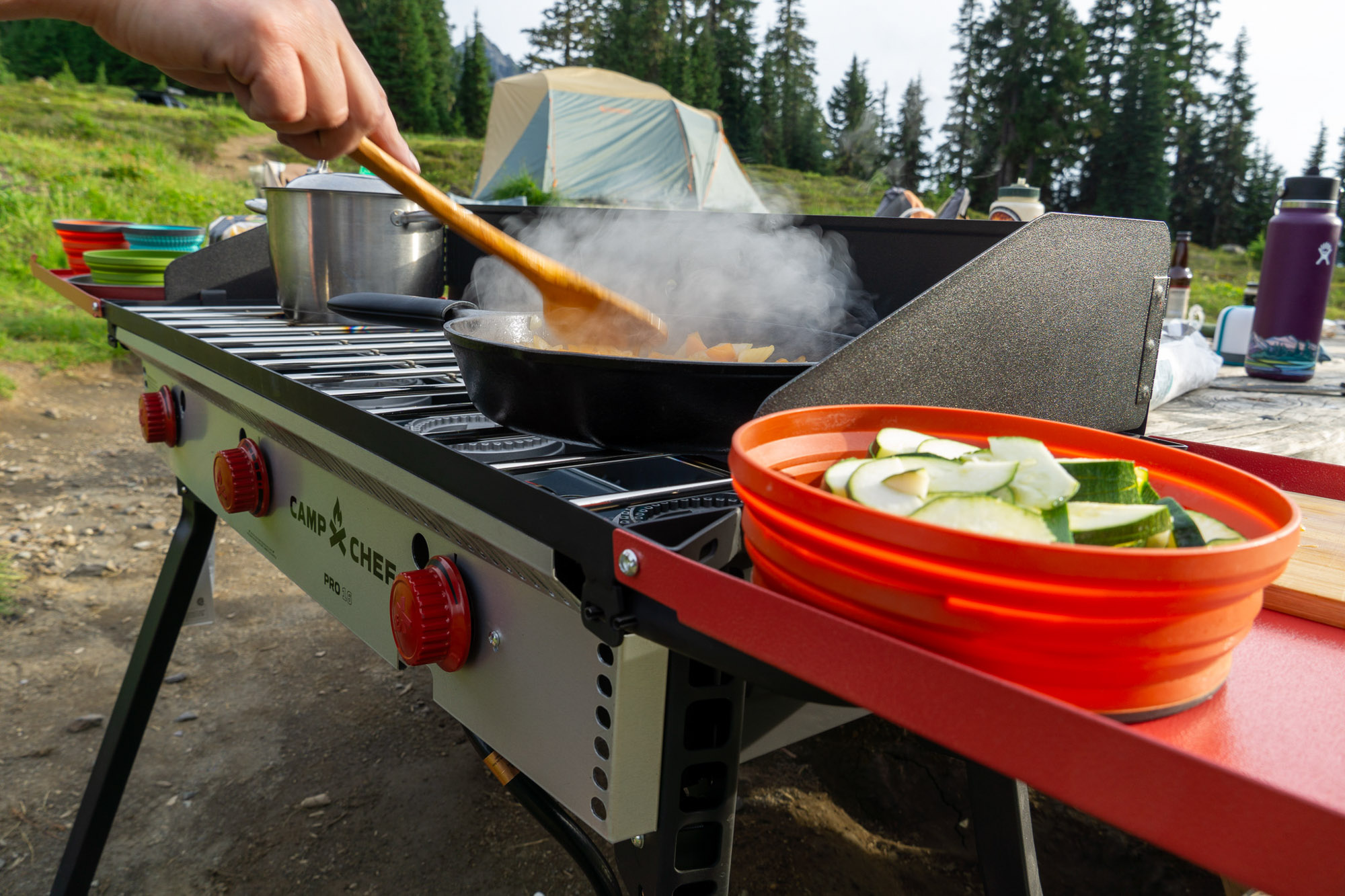
The Best Camping Stoves of 2025
We tested the best camping stoves from Coleman, Camp Chef, Primus, and more for this review. Check it out to see how each performs and which stove came out on top.
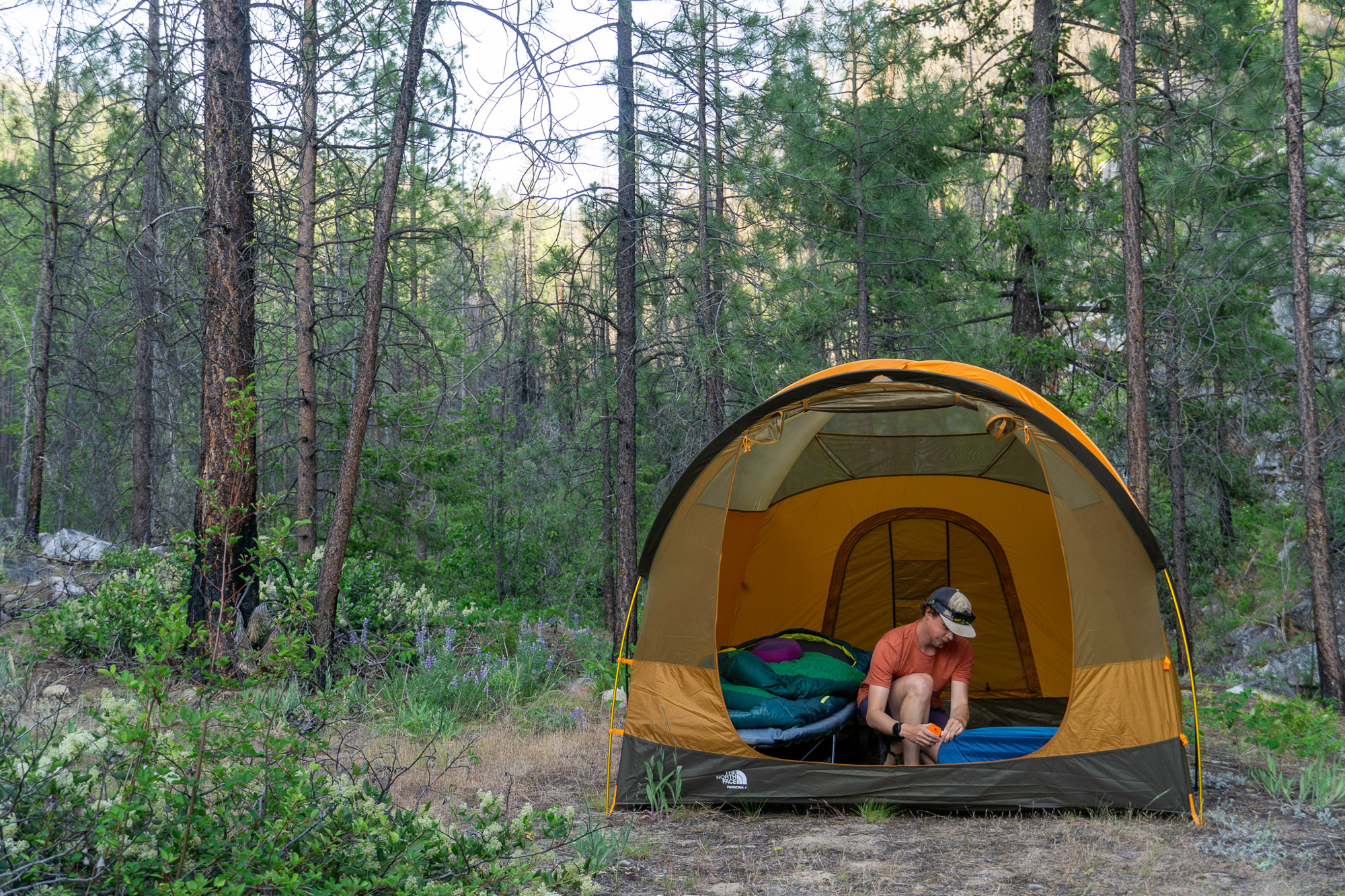
The Best Camping Tents of 2025
We make finding the right camping tent easier for you by bringing you the best camping tents of 2025. Check out our top picks from REI Co-op, Kelty, NEMO, and more.
